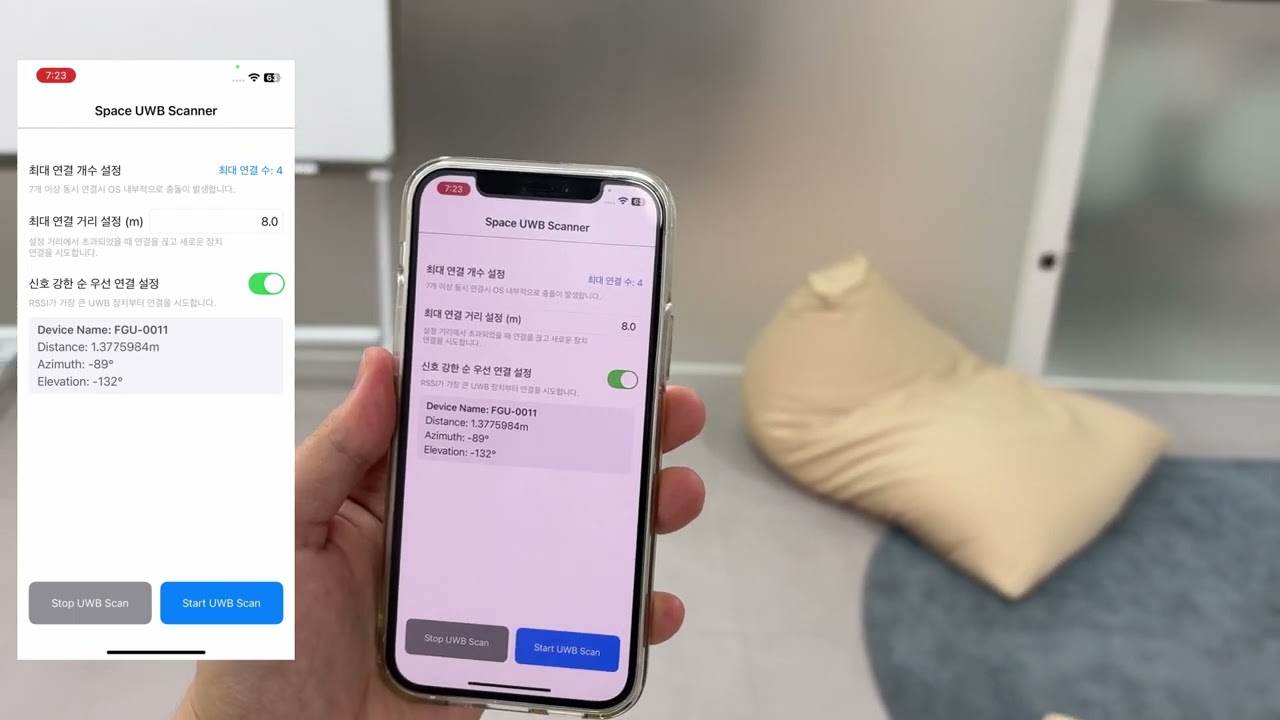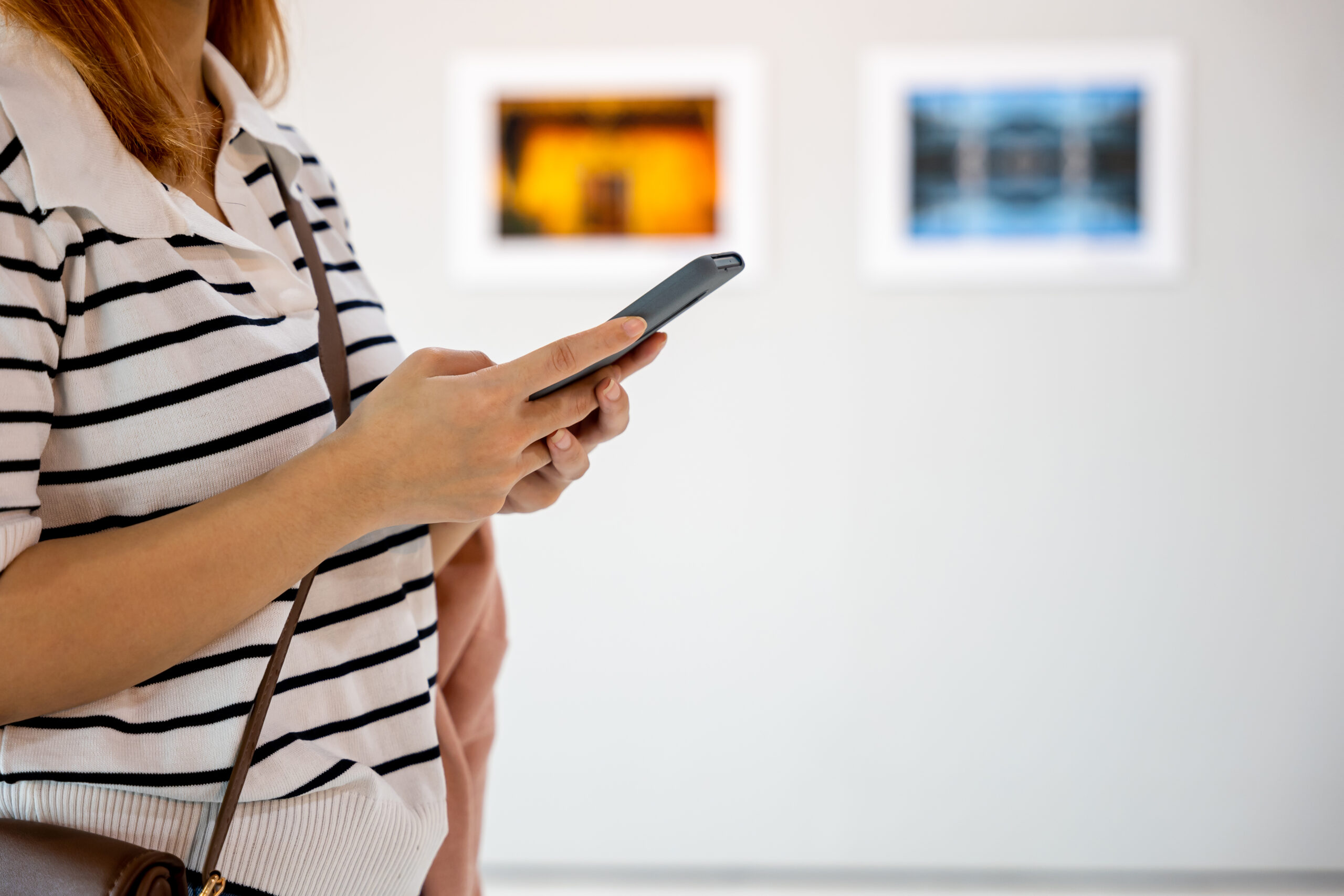Hello, this is Freegrow.
Today, we want to share an interesting case where real users tested our UWB Creator Kit (Q1).
The main actors of this test are university students from the Department of Electronic Engineering.
They worked on a project called “Pedestrian Tracking and Danger Zone Alert” and used Freegrow’s RTLS technology.
Let’s see step by step what they tested. 👀
🧪 Test Environment
For the test, they prepared the following:
- Items
- Anchor : 3 units, placed in a triangle inside a room
- Tag : carried by the pedestrian while moving freely
- Setup : A danger zone (geo-fence) was defined based on specific coordinates
- Device : Freegrow UWB Creator Kit (Q1)

🚶Test Process
The test was very simple.
- The pedestrian wore the Tag and walked around in the space with 3 Anchors.
- On the real-time display, the Tag’s path and coordinates were shown.
- When the pedestrian entered the pre-defined danger zone, the screen showed a warning message.
This means the students checked not only basic location tracking, but also whether the danger zone alert worked properly.
🎬 Danger Zone Test with UWB
The test was done under two conditions:
- Normal signal
- Weakened signal (on purpose)
Case 1 – No Signal Interference
Result
- Danger zone worked correctly
- Pedestrian location was stable with no breaks

Expected Impact
- Proved stability of real-time pedestrian tracking and danger zone detection
- Showed possibility to use this technology in smart traffic projects
Case 2 – With Signal Interference
What happens if the signal is weak? 🤔
The students covered the 3 Anchors with paper to make the signal weaker.


Result
- Danger zone accuracy was lower
- Sometimes the location was not detected or had errors

Expected Impact
- Gave data to study system behavior in weak-signal environments
- Useful for anchor placement and signal correction in real city environments
📊 Comparison Result
- In Case 1, tracking and alerts worked smoothly and proved stability.
- In Case 2, some errors appeared, but it helped identify points for improvement (anchor placement, correction algorithms).
So, the test was not just about “works / does not work.” It also showed limits and directions for improvement.
✨ Student Potential
This was more than a simple capstone project. It showed how RTLS can be used for pedestrian safety management. In the context of future traffic infrastructure, it was meaningful that students could realize their idea using our product.
You can also watch the full experiment video from start to finish.
🌐 Innovation with Freegrow
Freegrow supports UWB RTLS not only for companies, but also for university capstone projects and research.
We look forward to seeing more creative use cases in smart traffic and smart cities, as students and researchers continue to use our technology.


